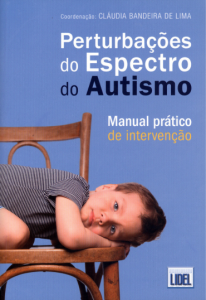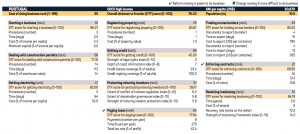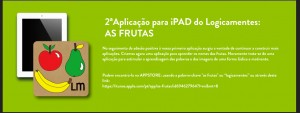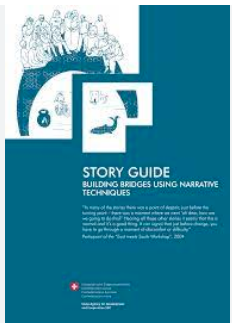I’ve just spent an inspiring couple of days in Lisboa. It started well: a wonderfully productive 3 hours in the company of Ana Neves of Knowman discussing SocialNow 2015 in Amsterdam, followed by a reunion dinner at the Real Club Tauromáquico Português, (Royal Bullfighting Club of Portugal) Lisboa with a former colleague I had not seen since 1986.
The prime motivation for my visit (apart from the 25c temperature) was providing advice to a business that helps children with learning difficulties as it thinks through its future options.
economic & business backdrop
Over dinner, my former colleague, an influential banker whose ancestor discovered an island in the Atlantic now named after him, shared his perceptions of the current state of play. Here’s my take on what he said:
…the government is doing very well but the current political structure means decisions are taken very slowly. I am an optimist by nature and see great potential in our people but our media is always looking for mistakes and bad news and never tells us about areas we are doing well.
Taken at face value this gives grounds for optimism and yet in previous conversations I discovered that the Portuguese prefer to hear ‘experts’ from overseas rather than trust their own and go overseas to make their fortunes. So for young entrepreneurs the future is bleak.
Yet Portugal is a country that ranks 25th in the World Bank’s ease of doing business ranking (ahead of Netherlands, France and Spain).
It’s improving standing is due to a raft of measures many of which are currently subject to scrutiny and debate in parliament:
- Portugal lowered its corporate income tax rate from 25-23% and introduced a reduced corporate tax rate for a portion of the taxable profits of qualifying small and medium-size enterprises.
-
Portugal made enforcing contracts easier by adopting a new code of civil pro-cedure designed to reduce court backlog, streamline court procedures, enhancethe role of judges and speed up the resolution of standard civil and commer-cial disputes.
Since 2008 the government has made a number of changes to employment law. While these have resulted in increased productivity there is growing disenchantment at declining living standards and the young expect to leave when they graduate.
What does the immediate future hold? Increased personal taxes, an increased disparity between those able to ride the continued wave of austerity and those who can’t and a desperate need for investment for young start up businesses.
Initiatives such as Cidadania, an event aimed at stimulating discussion in society around the use of new forms of communication, will help. This year’s event in Porto showcased numerous examples of how empowered citizens have interacted with NGO’s, Government and Public Administrations. Ana Neves has also been running a Community of Practice for COTEC and written a guide on helping its member organisations to choose KM Tools. Ana would be the first to admit that Portuguese organisations are not yet big on Knowledge Sharing or Knowledge Management and that community involvement in social tools is in its infancy. But interest is growing!
LogicaMentes (Logical Minds)
Autism strikes without consideration of ethnicity, gender or financial background. It is a developmental disorder that affects the way people interact with the world and other people.
Each child or adult with autism is unique and, so, each autism intervention plan should be tailored to address specific needs.
The UK’s NHS notes:
Some types of intervention can involve hours of intensive work, and this is not always possible for many families because of the practical, emotional and financial commitments necessary.
Treatment is based on the assessment of the physician carrying out the examination and frequent case assessments with the team thereafter. Treatments now take place in the home, at school and at clinics like LogicaMentes.
Much is written and there are countless online sites providing guidance, advice and online collaboration to parents who often find this a very difficult condition to live with.
 There are a variety of treatment methodologies, LogicaMentes bases its on the book written by the clinic’s co-founder, Claudia Bandeira De Lima.
There are a variety of treatment methodologies, LogicaMentes bases its on the book written by the clinic’s co-founder, Claudia Bandeira De Lima.
They also use a wonderful iPad application developed by a member of their team that enhances the learning experience for children. Already it has paid off: the app has facilitated communication between a mother and son where previously his condition has precluded any. Small but significant steps!
Resource management, records management and cash management are core competences as are the ability to share knowledge among the team and manage a diverse group of stakeholders (parents, schools, doctors).
It is a priviledge to have been invited to help the team and to be working in Portugal.






